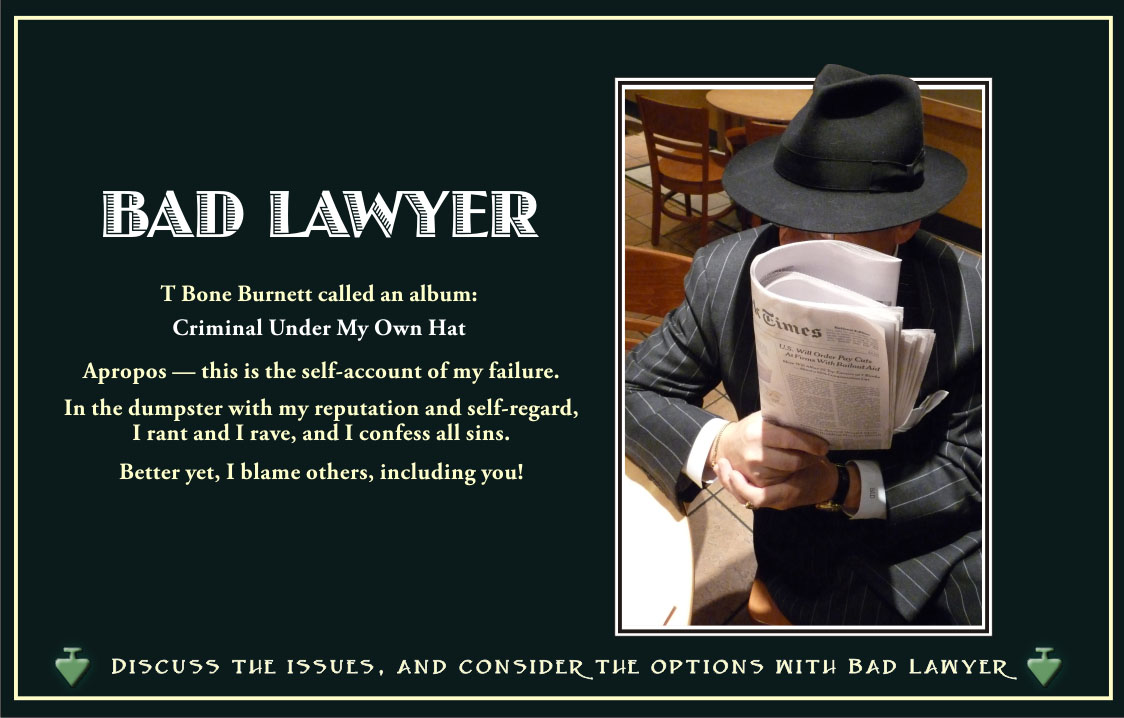The Milwaukee-Wisconsin Journal-Sentinel reports on a livid local Judge who tossed a burglary prosecution over the failure by the police to preserve a crucial piece of evidence--an automobile that everyone agrees provided the defendant with potentially exculpatory evidence but which the police destroyed. An excerpt from the Daniel Bice's Journal-Sentinel report follows:
"Late last year, Detective John Behning found himself in a place no cop wants to be. He was on the stand admitting to a judge that he was responsible for allowing the destruction of an important piece of evidence in a felony burglary case in which an off-duty officer shot the defendant. Specifically, Behning let the city crush the defendant's car. The off-duty officer had fired up to nine shots at the gold 2001 Kia Rio - striking the driver twice in the hand - after the cop said he confronted the defendant alone in his garage after dark. The off-duty officer said he was acting in self-defense. Behning, the lead detective in the case, told the judge it slipped his mind that he had OK'd the release of the vehicle. He also forgot to mention this fact during more than two dozen conversations with a couple of prosecutors over 1 1/2 months.
'That's definitely some egg on my face,' Behning conceded at the December court hearing.
It was a stunning admission. The car, in fact, was crushed just three weeks after the incident and two days after the defendant's lawyer asked to see all the evidence.
'In this case, it's inconceivable to me that any good defense lawyer wouldn't want to see the car'" said Dean Strang, a top criminal defense attorney who has no involvement with the case. 'You've got to see the car on this.'
The defendant, Ronald Carter - a former city employee with a history of burglary convictions - said he broke down in tears when the detective confessed to the error. Even prosecutors were surprised by the case's unusual turn.
'The car should not have been crushed,' Assistant District Attorney Thomas Potter later wrote. 'On that we can all agree.' But one question remains unresolved to this day: Was the detective just sloppy and incompetent, or did he intentionally destroy evidence that might contradict the off-duty cop's story?
Judge Jean DiMotto minced no words when she issued her decision dismissing the case.
'The Court determines that MPD's concealment of the car's release and destruction over a period of six weeks with affirmative misrepresentations to both the State and the defense is not only egregious but permits the conclusion that MPD through Det. Behning knew of the potential exculpatory value of the car,' DiMotto wrote in December. The veteran judge didn't stop there. DiMotto accused Behning, his superiors and the Police Department of acting 'in bad faith' by giving up custody of the car and not telling anyone for weeks. She added: 'The egregiousness of the violation, demonstrated by its lengthy continuing concealment with accompanying misrepresentations, warrants dismissal.'
That's some unusually harsh language from a judge."
_______________________________
Harsh language? Are you kidding, it sounds to me like an accurate description of what the cops pulled and a just outcome ordered by a conscientous judge.
Subscribe to:
Post Comments (Atom)





No comments:
Post a Comment